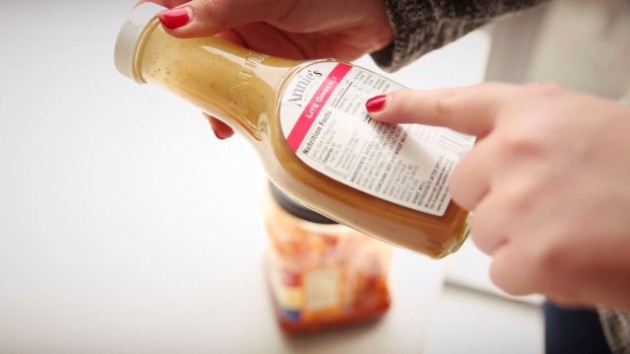Bliss point. Mouthfeel. Snackability. These are a few of the words the food industry has coined to describe their products. One word they won’t use? Addictive. But according to bestselling author and Pulitzer Prize-winning New York Times reporter Michael Moss, processed foods are addictive, and they were intentionally engineered that way.

Michael Moss on America’s addiction to salt, sugar, and fat
Bliss point. Mouthfeel. Snackability. These are a few of the words the food industry has coined to describe their products. One word they won’t use? Addictive. But according to bestselling author and Pulitzer Prize-winning New York Times reporter Michael Moss, processed foods are addictive, and they were intentionally engineered that way.“I was able to spend time with experts on addiction who’ve studied addiction in both drugs and food and they’re convinced that for many of us, the sweetest, fattest, most palatable foods will cause what they call ‘patterns of overconsumption and indulgence.’ The food – I specially the salt, sugar, fat – interacts with your saliva. It sends an electrical signal to the reward center of your brain which sends back this feeling of pleasure,” said Moss in an interview with Full Frame’s Mike Walter.
In Salt Sugar Fat: How the Food Giants Hooked Us, Moss reveals how the food industry giants conspired to keep the “family jewels” of salt, sugar, and fat in their products and on the shelves.
It’s these three ingredients that have hooked consumers on processed foods – salt, sugar, and fat send signals to the reward center of the brain that tell you to eat more. As a result, the average American eats thirty-three pounds of cheese and seventy pounds of sugar a year – a staggering amount that translates into $1 trillion in sales for the processed food industry.
But the food industry’s gain comes with a serious public health cost. With one in three adults and one in five children weighing in as clinically obese, the health crisis in the United States is a $300 billion a year problem.
Moss is an advocate for transparency, in food labeling and information, and he hopes readers of Salt Sugar Fat will feel empowered by knowing about the deliberate formulations behind the processed food products they are buying.
“I see battles going on in every one of these products on the shelf, how they’re perfectly designed and shaped and built to get us to buy them and put them in the cart – and hey, if we can’t resist overeating, so be it,” Moss said. “So, for me, the boo – and I hope it is for readers – is empowering in that sense. Because ultimately, we’re the ones making the decision about what to buy, how much to eat, and that’s a position of power that I hope we can use more often.”
Follow Michael Moss on Twitter: @M_MossC
 CGTN America
CGTN America



